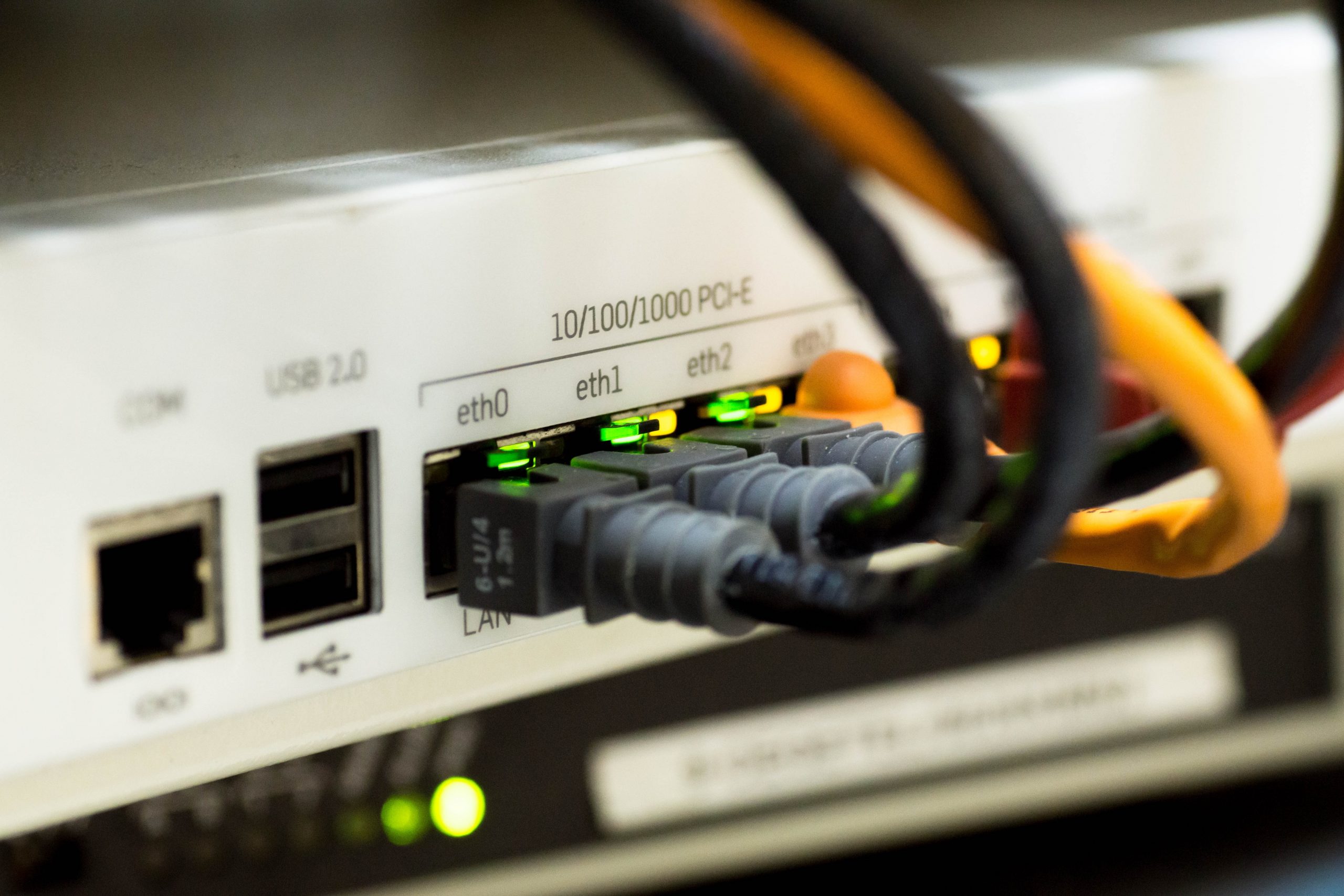You’ve heard the buzzwords—smart homes, connected cars, and yes, the Internet of Things or IoT. It’s almost like we’re living in a science fiction novel. But have you ever stopped to think about how these miraculous gizmos could help us make smarter, more eco-conscious energy choices? This isn’t just about controlling your thermostat with your smartphone. We’re talking about a seismic shift in how we understand and manage our energy consumption, thanks to the wonders of IoT technology.
The ABCs and 123s of IoT
Let’s break it down. Imagine a network of objects, from your coffee maker to industrial machinery, all chatting with each other over the Internet. They’re gathering data, making decisions, and even predicting future actions. That’s the essence of the Internet of Things.
Rolling Up Sleeves in the Industrial Arena
Energy Monitoring in Real-Time
Gone are the days when factory managers would walk around with clipboards, noting down meter readings. Industrial IoT sensors now meticulously track how much energy each machine is gulping down, sending this data to an analytics dashboard. In other words, you can pinpoint exactly which equipment is the energy-guzzling culprit, and take immediate action.
Predictive Magic for Maintenance
Ever heard of a machine knowing it’s about to break before it actually does? With IoT, this is possible. Sensors can alert you to the smallest change in performance, enabling you to perform maintenance before a full-blown breakdown occurs. The result? Less downtime and—you guessed it—less wasted energy.
Let the Algorithms Take the Wheel
The beauty of machine learning and IoT is that they’re a match made in heaven. Once enough data is collected, the system can begin to make energy-saving decisions on its own. It’s like having a virtual energy manager who never sleeps.
Interesting Tidbit: According to a report by McKinsey, the deployment of IoT in industrial settings could lead to an efficiency improvement of 20%. That’s not pocket change!
IoT at Home: Where Small Choices Make Big Waves
Thermostats with a Brain
Smart thermostats are like that mindful friend who turns off the lights when you forget. Except, in this case, they’re adjusting your home’s temperature based on your habits. Out for the day? Your thermostat ensures your AC isn’t running a marathon for no reason.
Light it Up—Only When Needed
Smart lighting systems aren’t just about setting the mood; they’re about being wise with energy. Imagine your lights dimming as the sun rises, or turning off automatically when everyone leaves the room. That’s smart—and sustainable—living.
The Magic of Smart Plugs
How many times have you left for a trip, fretting about whether you left the coffee maker on? Smart plugs to the rescue! Control any plugged-in device with a tap on your phone. Saving energy has never been so convenient.
IoT Meets Renewables: A Sneak Peek into the Future
Imagine a world where your home’s solar panels are in cahoots with the local wind farm. Through IoT, they could communicate to optimize energy production based on real-time demand and supply. This isn’t some far-off fantasy; it’s the future of smart grids powered by IoT.
But Wait, There’s More (to Consider)
Cyber-Secure Your Energy
Connectivity is fantastic, but it’s also a gateway for hackers. Before you dive into the IoT pool, ensure your devices have robust security protocols.
The Cost Factor
Sure, outfitting your home or business with IoT gadgets isn’t exactly cheap. But when you factor in the energy savings over the long term, it’s like investing in a greener future.
Do Your Homework on Compatibility
Before clicking ‘buy’, make sure your shiny new IoT device will play nice with your existing setup. Compatibility issues can lead to frustration and—ironically—energy waste.
Final Thoughts
The Internet of Things isn’t just changing how we live; it’s changing how we consume energy—for the better. By offering real-time insights, predictive analytics, and automated controls, IoT is revolutionizing energy management from the factory floor to your living room. And while there may be hurdles like security and initial costs, the potential benefits are too significant to ignore. So, are you ready to let IoT change your energy game?
